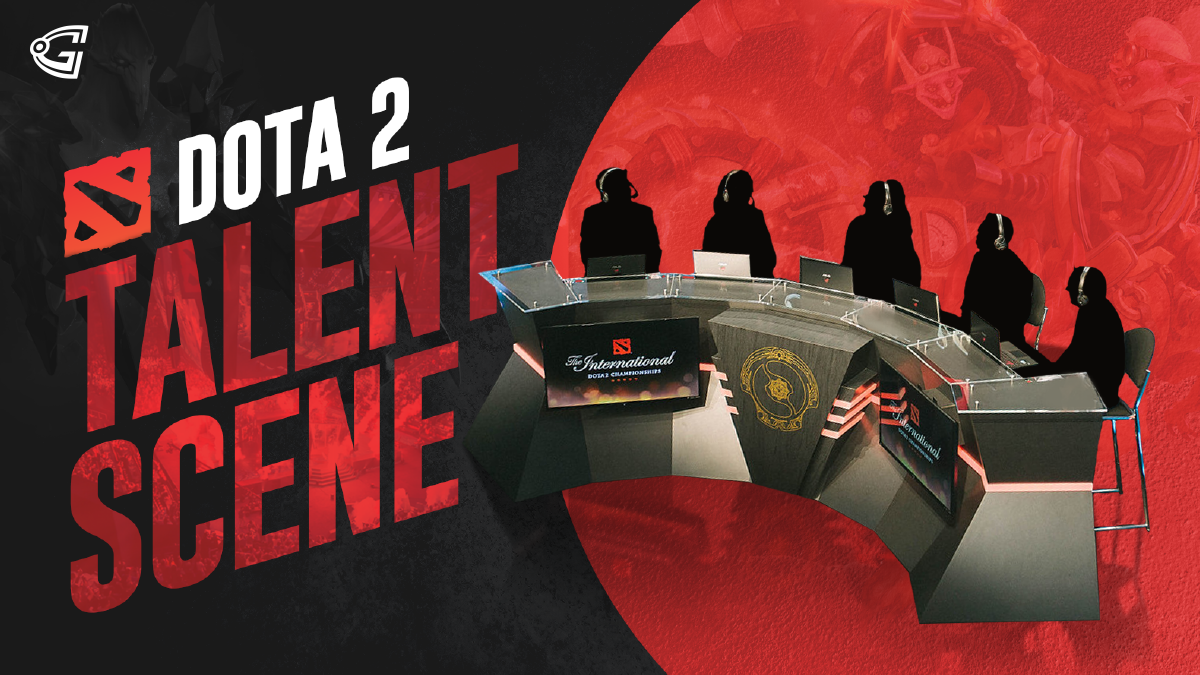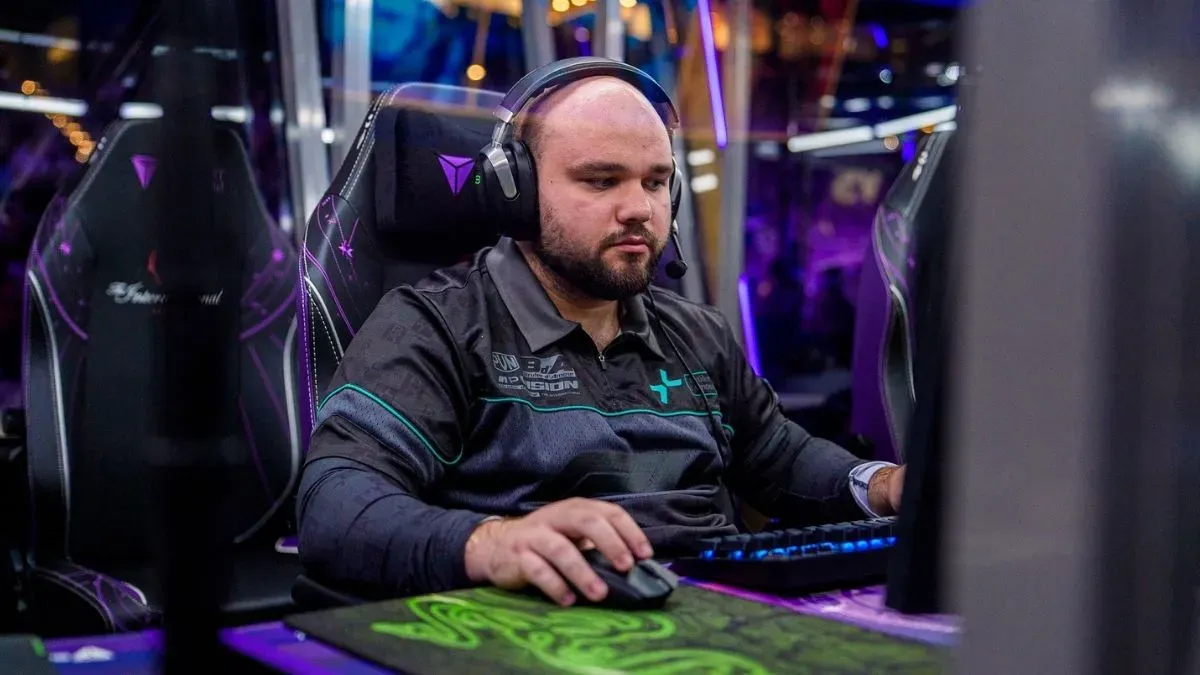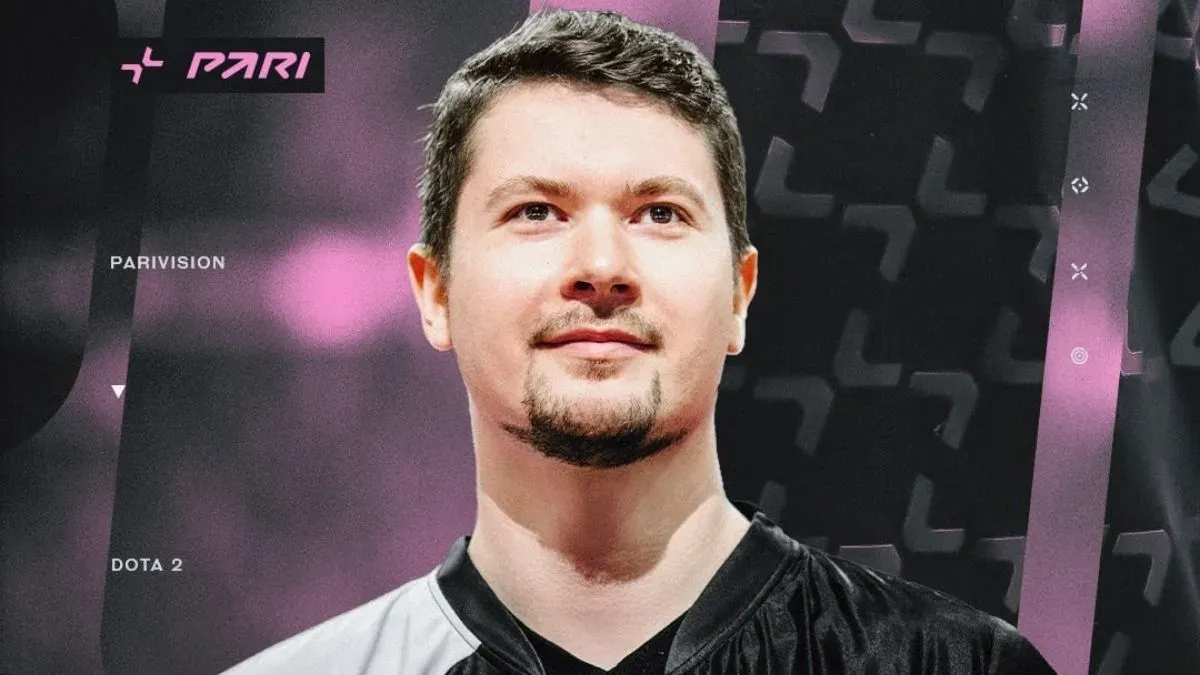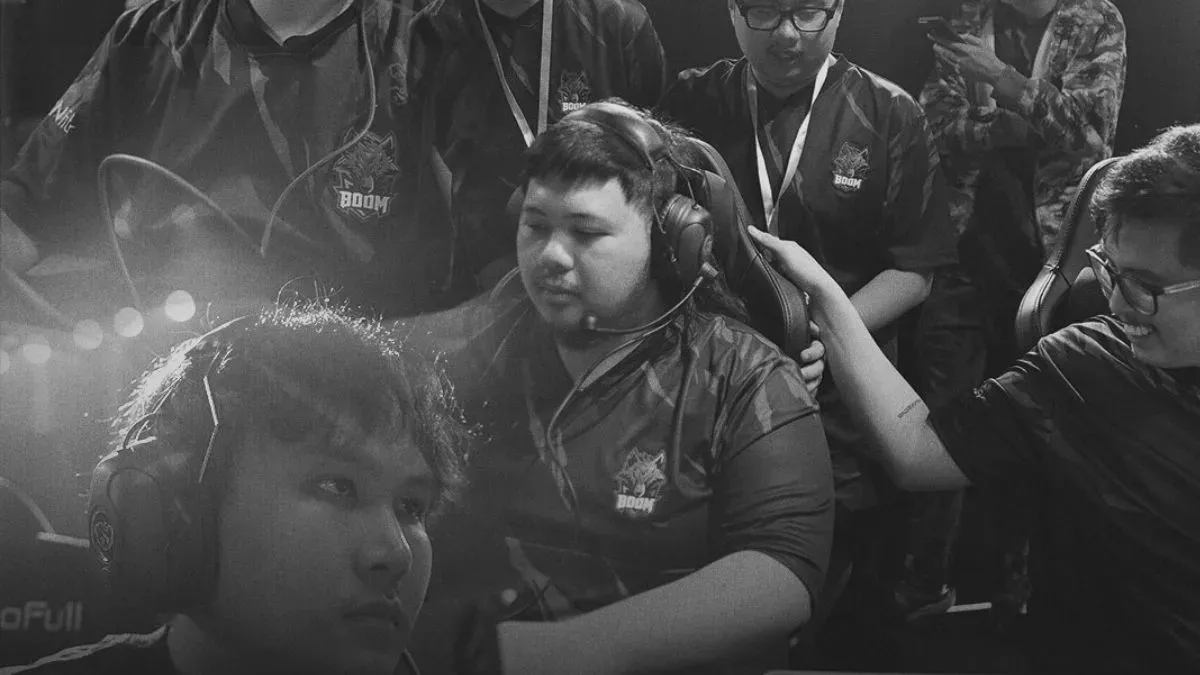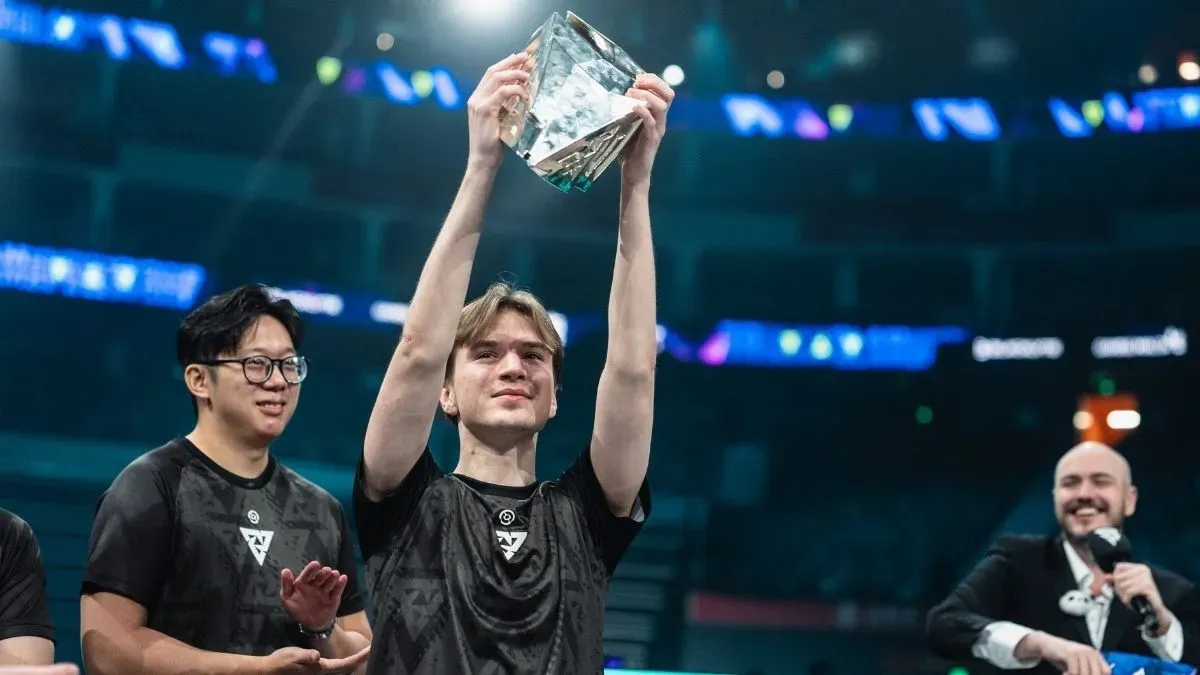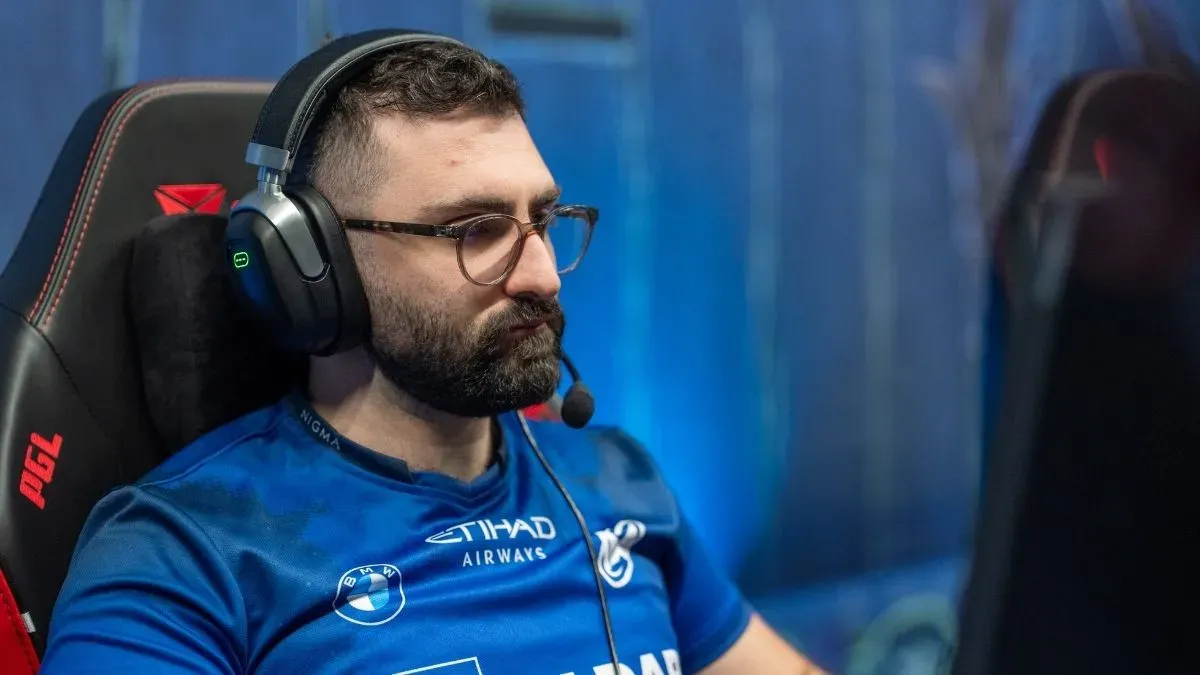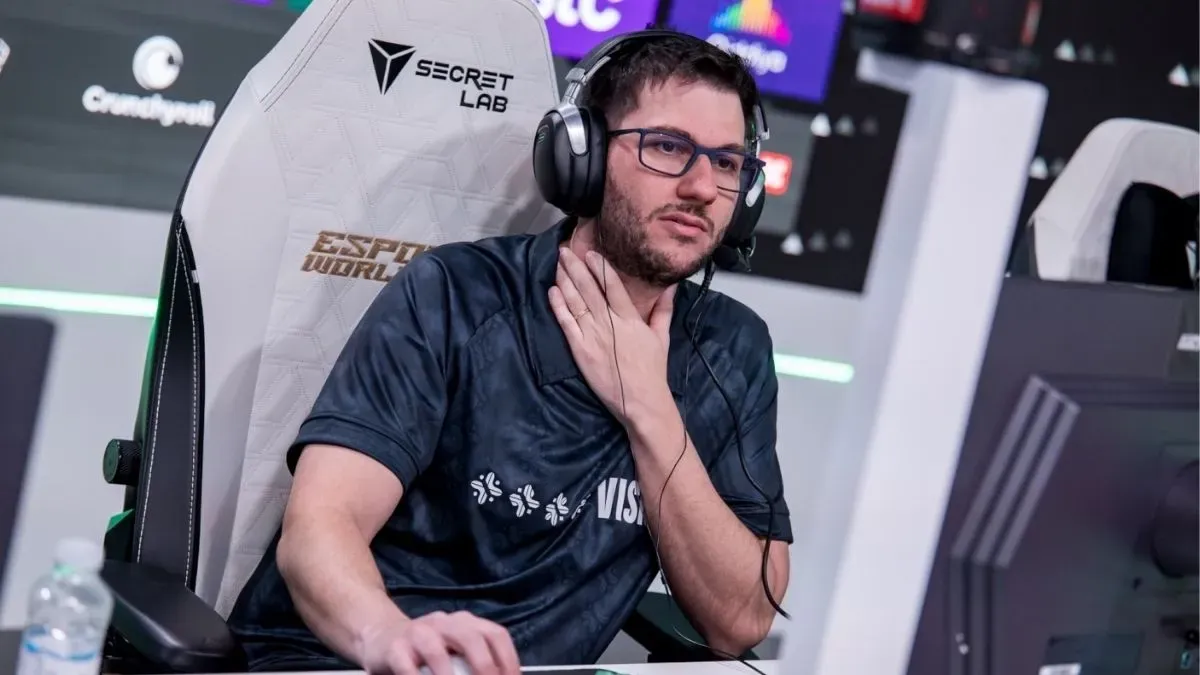The Dota 2 talent scene is a complex and living organism that brings life to the game but often goes unheard beyond that.
There are many Dota 2 casters, analysts, and content creators who have been working long hours with an enormous amount of dedication. Some of them are already extremely famous, others are perhaps less known or popular, but just as hardworking nonetheless.
These are the people who are bringing the action to life. They hype up the plays, they weave the stories, they etch the emotions and thrills onto our hearts and engrave them in our memories.
Through the years, all of their collective efforts and strides have helped shape the industry and develop the community.
Would the infamous fountain hook or million-dollar coil be the same without the raw emotion broadcast as their voices cracked and then split open into screams? Would the two-time historic TI championship win for OG be the same without the talent narrating the mounting pressure or injecting the tension that was felt in the atmosphere into the commentary for the fans at home to feel?
What is more memorable? The 3-hour game between Cloud9 and ScaryFaceZZZ in 2015 or Owen "ODPixel" Davies' almost non-stop commentary for the entire duration of the game, earning praise from viewers and the community for his dedicated and tireless style?
After all, didn't Valve give a nod to the talent's role in creating historic moments by introducing the casters lines into the chat wheel to immortalize specific moments of the Dota 2 timeline?
Talent is an integral part of what MAKES the games meaningful to spectators.
We all have our favorite and our not-so-favorite talents. When the lineup is revealed the community immediately reacts and responds, heading to social media to cheer or jeer.
It is exciting to see newer faces receive a nod or greater opportunity in the spotlight. We celebrate their success and send a round of congratulatory cheers.
We love to see it.
WePlay AniMajor saw the likes of Robson "TeaGuvnor" Merritt and Mira "Ephey" Riad on the panel. For both of these talents, it was their first Major debut, for Ephey, it was pretty much her first overall debut.
BTS has been picking up quite an assortment group of talent for the TI10 qualifiers. For each region, they have had a mix of known and lesser-known talents, filled with a variety of backgrounds, experiences, and diversity.
But there is another side to the talent and casting scene in Dota 2. One that goes unaddressed and unspoken about more often than not.
And that is of the struggles and challenges of the aspiring and rising talent in the scene.
It seems slightly contradictory or at the least confusing for the uninitiated. On one hand, we are seeing rising talents and new opportunities. On the other hand, there is a cry for help and appeal from the casters themselves happening at the same time.
In order to understand what is actually happening and explore what the impact is, I talked with several different casters of various degrees of experience and notoriety as well as from diverse ranges of race, region, and gender.
It was a LOT to sift through and it was filled with some pretty heavy personal experiences.
It was hard, and after hours of dark alley talks and opening some sensitive wounds, I think I understand enough to shed some light on the subject.
So what does the Dota 2 talent scene look like?
Well, it is a triangle with three levels of stratification.
The green peak is where the top-tier talent resides. These are our stars. ODPixel, Austin "Capitalist" Walsh , Troels Lyngholt "syndereN" Nielsen. They are invited to the bulk of the LAN and premier events. They are at the top of the pecking order and are pretty much guaranteed to have their pick of work or time off as they see fit. They can name 'mostly' their price (within reason) and get it.
Then there is the dark blue group, a middle group of talent, that we are more familiar with seeing casting the online playoffs, some division 1 but mostly division 2 games. These are the faces and voices we see in the DPC leagues across the regions such as Michelle "Moxxi" Song and Gabriel "Lyrical" Cruz. They hit it big when they are invited to broadcast along with the top-tier group for a LAN or the online playoff stage of an event. They are hopefuls in getting more steady work but they aren't always so secure where or when that next gig will be or how timely the TO will make the payment.
Lastly, there is the largest group at the bottom of everyone else that is aspiring to be more integrated or noticed. These are the casters that are grinding their gears around the clock, picking up any slack or missing casts with the hopes of being noticed to even being offered a paid contract for an event.
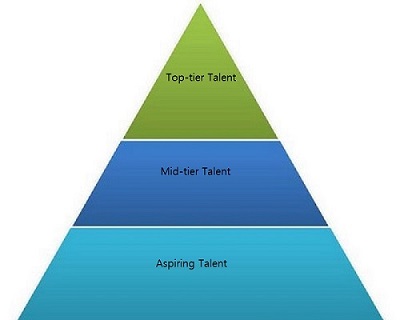
Talent who have more resources represent the top layer of the structure of stratification. Other groups, with progressively fewer and fewer resources, represent the lower layers.
While we would like to believe that everyone has an equal chance at success thanks to their hard work and talent and not prejudicial treatment or societal values, it isn't always the case.
The emphasis on self-effort and the belief in 'hard work and dedication' perpetuates the belief that people control their own standing. However, inequalities are apparent and it doesn't always have to do with the efforts or time put forth.
And this is in addition to the inclusion and diversity issue that surfaces over and over again, where just one 'token' or 'diversity hire' is picked up for an event and minority talents are being pitted against each other for that one spot (a topic for a deep dive on its own).
Elusive trickle-down myth
Under normal circumstances —meaning in a healthy economic structure—there would be too many events for the top-tier talents to be able to grab up all the LAN events.
That would then create a trickle-down effect where the other levels of talent than have opportunities afforded to them as a result.
Unfortunately, that isn't the case, and with so few LAN and bigger events going on, the top-tier talent is seizing all of the opportunities for themselves, leaving nothing but crumbs (if even that) for the middle and absolutely nothing for the bottom group.
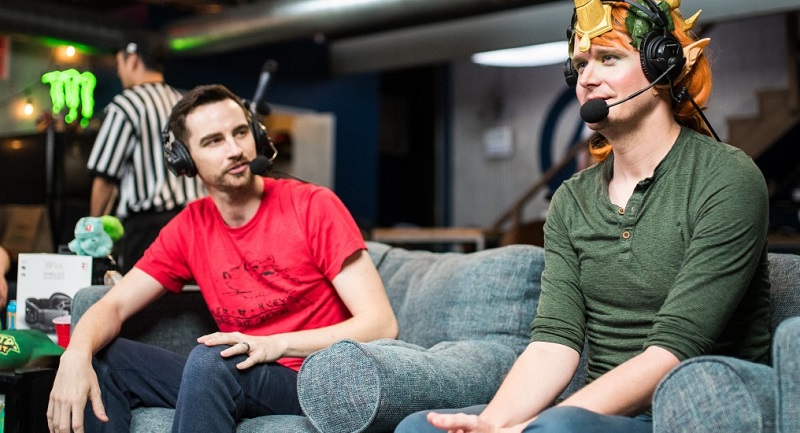
Since those on top have wide-open schedules and do not need to skip anything any upward mobility of lower-tier talent is seen as "taking it away" from the top. There are only so many slots to fill, so someone is going to have to sit it out or be bumped from their place.
And even though the top Dota 2 talent makes more from The International than most middle-tier casters make in a year, they hold on tight and make a quick grab for everything they can because it is a natural response to stress and fear.
Fear and Loathing in Dota 2 (talent)
Stress and fear are natural responses and results of the stagnation or shrinking of the ecosystem that drives talent opportunities.
Compared to just a handful of years ago, there are very few LAN events outside of the DPC season (not to mention the DPC has fewer LAN events than when there were 4 majors or even Majors and Minors).
And we aren't taking even looking at the year during COVID or the fallout from that - which was essentially a 'dead' year for events and talent.
Those who are trying to make a living in the middle level can't. Those that are trying to move up from the bottom to the middle are struggling even more because the scene isn't growing anymore and their chances are extremely limited.
One caster told us
1) you don't know if you're gonna get work
2) how much it'll pay
3) when it will pay
This all makes for a not-so-stable financial situation for many, if not all casters.
Some casters recounted stories about how they used to reach out to amateur tournaments and cast everything they had. They would wait for a tournament to miss a match and cast that. They would cast Chinese or Russian tournaments without coverage. All just to try to get more opportunities, more exposure, more connections, and the potential for payment or contract.
But now, casters aren't doing that. The UPEA Ukrainian Dota Championship had no English coverage. Meanwhile, the Pinnacle Cup, which was covered officially and had paid its casters well had multiple people recasting it and thereby competing with each other.
There is also the case of some that will 'undersell' themselves and take extremely low rates just to get the job, thereby cutting other talents out of the equation and lowering the pay standard in the process.
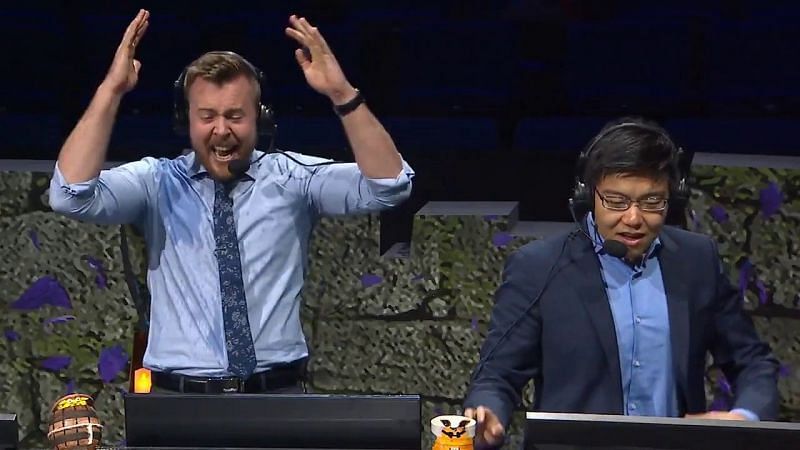
Casters in the middle or bottom don't try to compete against Capitalist or OD pixel for example - established and powerful casters who would crush them. Instead, they try to take opportunities from those who have worked hard to get the opportunities.
Some newer casters come into the scene, attempting to pick a fight with some middle-level talent as opposed to forging their own path and helping amateur dota grow or instead of focusing on just overall getting better or having opportunities.
The more this gets normalized, the more cutthroat the tier 2 scene becomes.
DPC Leagues and (missed) opportunities
Unfortunately, if you weren't involved in the DPC there would be literally no work available. The same crew of people roughly was kept between Season 1 and 2 of the leagues with the exception of a handful of people.
It's not only virtually impossible to get into these games unless you already have an inside track; it also means that you're spending ~ 16 weeks with a guarantee of having 0 games to cast.
No games to cast, no work means no financial security or income for at least four months.
Keep in mind that not all regions are doing studio casting either. For some in the leagues, they are working online events with rates that tend to be much lower than day rates at LANs/Studio gigs. This is also where tournament organizers will go and get away with paying very different rates to casters based almost entirely on the caster's ignorance of what the market rates are.
So the league brought in a lot of opportunities and stability. But just like most things in dota, these benefits only really applied to folk already at the top.
Where are we heading?
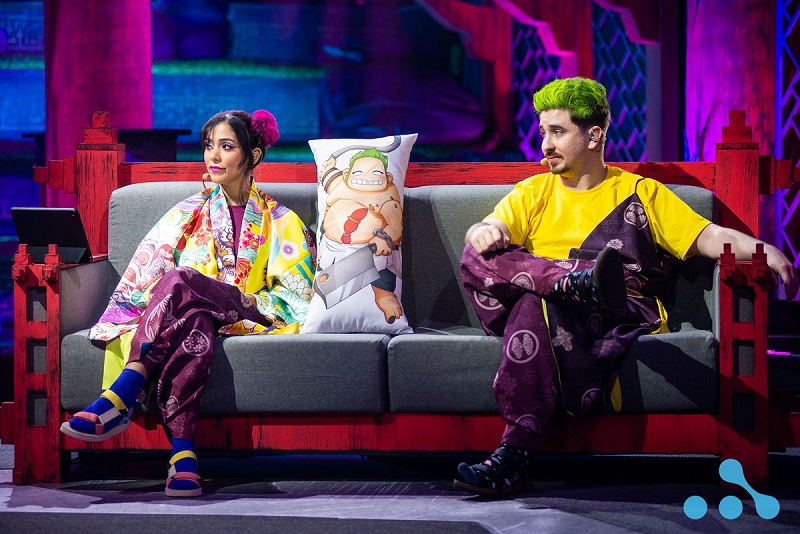
Years ago, ODPixel stated that his favorite thing about casting is “the adrenaline when something exciting happens, and being able to share my excitement with the viewers”.
That passion is something that is shared across all of the levels of talent in the Dota 2 community.
And what drives the fans to crave watching the broadcasts brought to life.
So much of the growth for the Dota 2 scene in any aspect comes from the community and that applies even to the casters.
Talent has to keep hustling for the love of the game and hope to get lucky and the right people notice. They should be looking at every opportunity possible as a means to grow and hone their skills or create their niche, it can even just be for your friends and family to start.
As community members, we can boost attention to the casters we find and enjoy. Social media, especially Reddit, speaks volumes when it comes to catching tournament organizer's and Valve's attention.
Casters at all levels could be looking and seeking out ways to help lift up and support each other. From discord groups to tutorials to mentorships and commodore working together and amplifying each other creates networking and connections that will be beneficial later.
Tournament Organizers, including Valve, sometimes need to take a chance on newer or lesser-known talent just as we saw with WePlay and are seeing a bit now with BTS. Reward passion, unique qualities and help unearth the hidden gems.
Let's never forget what David "LD" Gorman said in 2015 (yes, six years ago and still just as relevent) in a candid and heartfelt post about being a caster for Dota 2.
There is a small list of established talent who have worked enough large events and built up personal followings to the point that they generally don't worry too much about getting invited to work TI. Nothing is EVER guaranteed in this world, and I don't think anybody takes for granted that they will be invited back. But for those established people, even not getting invited to TI isn't the end of the world. They have other opportunities to fall back on, be it casting gigs, sponsorships, personal streaming, or for some even a shot to play competitively again.
For pretty much everyone else, there is virtually nothing BUT worry. I can't even begin to tell you how much stress most up and coming casters/hosts/analysts are under from ~April through June. An invite to work TI can make a career, and a snub can just as easily break one. Younger casters sometimes have the luxury of living at home or attending university, in which case they may be able to reset and try again next year. But many people don't. They have bills to pay, families to feed, and in many cases not being invited can mean having to give up the dream in favor of a more stable path.
You see, for casters, there are no open qualifiers. There are no second chances. If you don't get invited to work TI, better luck next year. So after a year of crazy hours, little sleep, and a whole lot of flame, these people line up and wait for Valve to be their judge, jury, and executioner. The process is especially brutal because just like team invites (and perhaps most things Valve), it's a total black box. Nobody knows why they were chosen, and for those who don't make the cut or get their preferred assignment, there is no direct appeals process.
I want to give a big shout-out to all the talent that reached out to us at GosuGamers to share their stories, those that responded to our poking and prodding to get more information and comprehensive understanding. Although several have requested to remain anonymous, we'd like to thank Murielle "Kips" Huisman, Alvaro "AvoPlus" Sanchez Velasco, Clemens "dragondrop" Wloczka, Sean "Snare" Rihlamvu and several other talent who shared with us off the record and would like to keep their names private.

